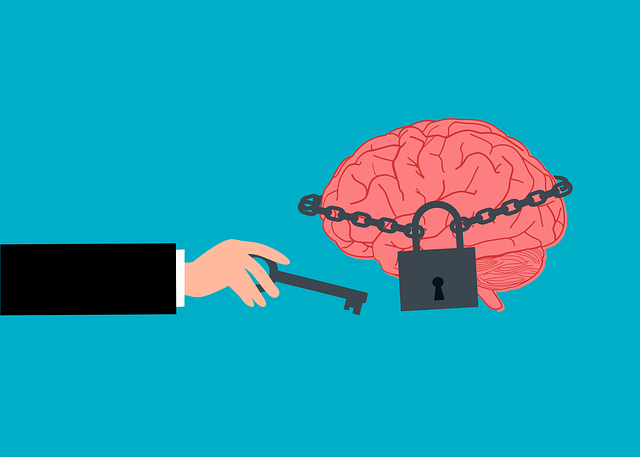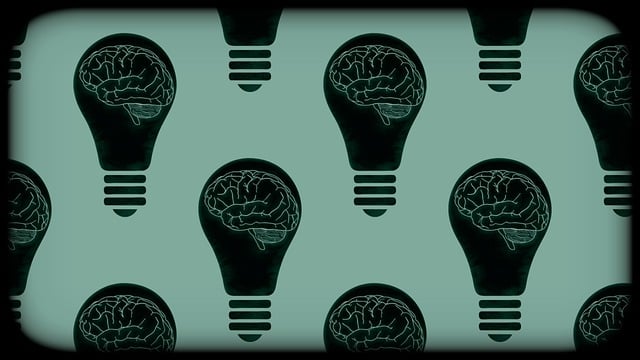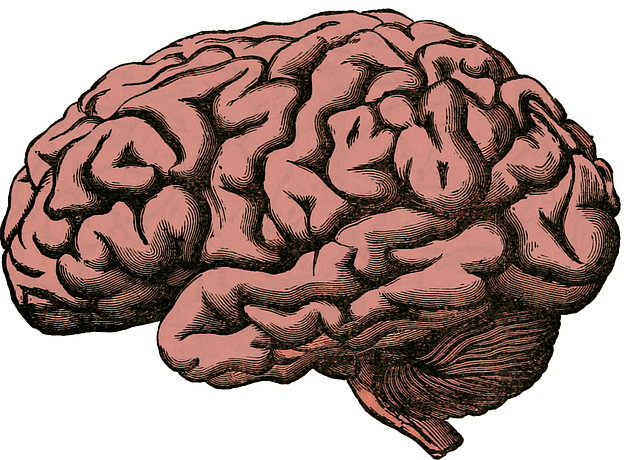Misdiagnosis in mental health care, particularly complex cases like dual diagnoses, poses significant challenges. Mental health professionals in Castle Rock are combating this issue through specialized training (e.g., Mental Wellness Coaching Programs), innovative tools (Compassion Cultivation Practices, Resilience Building), and integrated stress management techniques. They're also leveraging technology (telemedicine, mobile apps) for accurate assessments and patient-centric empowerment, enhancing diagnosis and treatment outcomes for conditions like Castle Rock Alcohol Abuse Therapy.
Mental illness diagnosis accuracy is paramount in effective treatment, yet challenges like misdiagnosis persist. This article explores strategies aimed at enhancing diagnostic efforts, from understanding the nuances of mental health misdiagnosis to leveraging advanced tools and technologies. We delve into training programs that equip professionals with better assessment techniques, the role of digital solutions, and patient-centric approaches fostering open communication. By integrating these efforts, including practices relevant to Castle Rock Alcohol Abuse Therapy, we strive for more accurate and impactful mental health care.
- Understanding the Challenges: Misdiagnosis in Mental Health
- Enhancing Assessment Techniques: Tools for Accurate Diagnosis
- Training and Education: Equipping Professionals for Better Diagnosis
- Integrating Technology: Digital Solutions for Improved Accuracy
- Patient-Centric Approach: Empowering Individuals for Open Communication
Understanding the Challenges: Misdiagnosis in Mental Health

Misdiagnosis is a significant challenge in mental health care, often exacerbating the struggles faced by individuals seeking support. With complex and diverse presentations of mental illness, healthcare providers face a daunting task in accurately identifying conditions like Castle Rock Alcohol Abuse Therapy. This issue is further compounded by the co-occurrence of multiple disorders, which can mask symptoms or create overlaps between various mental health conditions. For instance, depression and anxiety often coexist, making it difficult to pinpoint the primary diagnosis.
Trauma Support Services play a pivotal role in addressing this problem. By providing specialized training and resources, such as Mental Wellness Coaching Programs Development, healthcare professionals can enhance their diagnostic skills. These programs focus on educating providers about the nuances of mental illness, including the impact of trauma on presentation and behavior. Additionally, Burnout Prevention Strategies for Healthcare Providers are essential to maintaining accuracy and compassion in long-term care, ensuring that practitioners remain alert and adept at recognizing even subtle changes in patient conditions.
Enhancing Assessment Techniques: Tools for Accurate Diagnosis

Mental health professionals are continually striving to improve diagnosis accuracy, especially for complex conditions like dual diagnoses—where individuals struggle with both mental illness and substance abuse, such as alcohol addiction in Castle Rock. Enhancing assessment techniques is a key area of focus. This involves incorporating innovative tools and methods that go beyond traditional questionnaires and interviews. For instance, evidence-based practices like Compassion Cultivation Practices and Resilience Building have shown promise in uncovering underlying emotional and psychological factors that might otherwise remain hidden.
By integrating these strategies alongside Stress Management techniques, clinicians can gain a deeper understanding of an individual’s experience, leading to more precise diagnoses. This holistic approach not only improves the accuracy of initial assessments but also lays the groundwork for personalized treatment plans, ultimately enhancing the effectiveness of Castle Rock Alcohol Abuse Therapy and other mental health interventions.
Training and Education: Equipping Professionals for Better Diagnosis

Mental health professionals play a pivotal role in accurately diagnosing and treating mental illnesses. To enhance diagnosis accuracy, continuous training and education are essential. Workshops, webinars, and specialized courses can equip practitioners with the latest research, advanced assessment tools, and improved diagnostic criteria. These educational initiatives should cover various topics, including risk management planning for mental health professionals to ensure safe practices while dealing with complex cases.
Additionally, training programs can focus on empathy building strategies, allowing professionals to better understand and connect with individuals seeking help. By fostering a deeper level of empathy, healthcare providers can gather more accurate information from patients, leading to precise diagnoses. Incorporating stress reduction methods into the curriculum is also beneficial as it helps professionals maintain resilience and objectivity, crucial aspects in making reliable mental health assessments.
Integrating Technology: Digital Solutions for Improved Accuracy

Integrating technology into mental health care has emerged as a powerful tool to enhance diagnosis accuracy. Digital solutions offer innovative approaches to evaluating and understanding complex mental illnesses, ensuring more precise and timely interventions. For instance, online platforms provide accessible resources for individuals seeking support, including Castle Rock Alcohol Abuse Therapy. These tools often incorporate advanced algorithms and machine learning capabilities to analyze patterns in patient data, enabling healthcare providers to make informed decisions.
Through telemedicine, individuals can access specialized care remotely, allowing mental health professionals to conduct comprehensive assessments from the comfort of their homes or clinics. Additionally, mobile applications designed for mental wellness journaling exercises guidance, promoting self-reflection and tracking progress over time. Healthcare provider cultural competency training is also enhanced by digital resources, ensuring they stay updated with the latest research and best practices in diverse populations.
Patient-Centric Approach: Empowering Individuals for Open Communication

In efforts to improve mental illness diagnosis accuracy, a patient-centric approach is revolutionizing the way individuals engage with their treatment. This method puts the focus on empowering each person to take an active role in their mental health journey. By fostering open communication between patients and therapists, such as those available at Castle Rock Alcohol Abuse Therapy, a deeper understanding of personal experiences and symptoms can be achieved. Therapists employ empathy building strategies and coping skills development techniques to create a safe space where individuals feel comfortable sharing their unique stories.
Through this patient-centered model, individuals learn effective stress management tools tailored to their specific needs. It encourages active participation in the diagnostic process, ensuring that each person’s perspective is heard and considered. This approach not only enhances diagnosis accuracy but also fosters long-term recovery by empowering individuals to become advocates for their own mental health.
Mental illness diagnosis accuracy is a multifaceted challenge that requires innovative solutions. By understanding the complexities of misdiagnosis, adopting advanced assessment techniques, and prioritizing ongoing education for healthcare professionals, we can significantly enhance care outcomes. Integrating technology offers promising digital tools to streamline processes, while a patient-centric approach encourages open communication, fostering an environment conducive to accurate diagnoses. Building on these efforts, such as those demonstrated in Castle Rock Alcohol Abuse Therapy, we move closer to ensuring individuals receive the appropriate support for their mental health needs.














